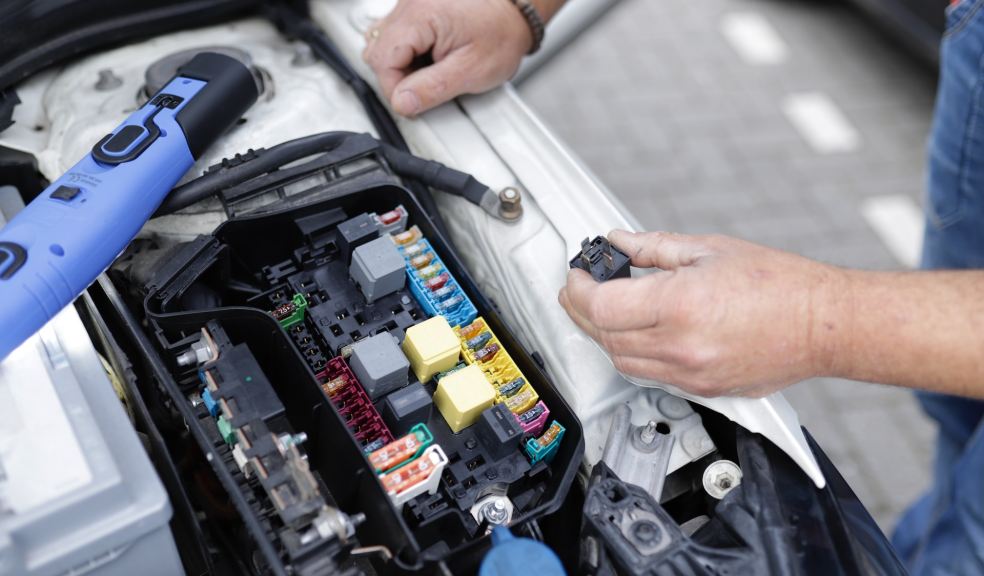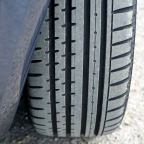
Tools that are Essential for Every Car Owner
Owning a car comes with many responsibilities, such as maintenance, paying for insurance and fuel, and keeping up with repairs. Emergency situations are inevitable, and you must prepare for them. Breaking down by the side of the road is the worst nightmare, especially if it happens on a long journey. Having the right tools within easy reach can be a lifesaver during stressful situations, as you can work seamlessly with fewer obstacles. Even if you're not an expert on cars, you can accomplish repair work on your own, provided you have a few basic tools. A basic toolkit can get you far as far as the health of your vehicle is concerned. These are the tools you must carry in your car to ensure you're confident on the roads.
A Life Hammer
If you find yourself in a potential crisis, use the life hammer to cut your seatbelt or break the car's side window. Used mostly on coaches and busses, the life hammer features a tough, double-pointed hammerhead and a sharp blade, which is very effective at breaking the windscreen or side and rear windows. You can keep it near the driver's seat by attaching it with double-sided tape. As the saying goes, time is of the essence, so a life hammer can come in handy when you're trapped inside the vehicle and need to get out fast. Be prepared for the unexpected.
Wrenches
A wrench is a hand-operated tool that delivers a comfortable grip and well-balanced weight distribution, so you can easily twist or turn objects. For example, you can use a wrench to loosen or tighten nuts and bolts to prevent failure of connections. Many opt for using an adjustable wrench because it can be used on various nut and bolt sizes; all you have to do is use it as you would a normal wrench. If you want to do major work on the engine or on powertrain components, make sure you have a multi-drive wrench, so you don't have to dig into your toolbox every time for the correct socket.
Many car owners overlook the need to prepare until when tackled with a project. There are several types of wrenches, such as Allen wrenches, oil filter wrenches, box-ended/open-ended wrenches, and impact wrenches. It's recommended to have a torque wrench to ensure you're exerting the correct amount of force and tightening screws effectively. A beam is relatively inexpensive and easy to use – once the right level of torque has been reached, it stops at the right number. Torque wrenches can be recalibrated to be read in pound-foot, pound-inch, or Newton metre.
An OBD Scanner
If you don't know what's wrong with the car, use an OBD scanner to diagnose the problem like a pro. A visit to the mechanic will cost a lot of money regardless of the make and model of your vehicle, so try to remedy the issue yourself. You can handle something as simple as a loose gas cap or a burnt-out light bulb. The scanner plugs into the OBD port – it consists of a long cable and a computer that lets you access your car's information. With the ignition on, the scanner will read and clear error codes, so it's a small investment that pays off in a big way. Some OBD codes are universal, while others are manufacturer-specific.
In case you didn't already know, Autel is the leading brand of diagnostic tools, testing the field for more than ten years. Their functional scanners are still reasonably priced, so you'd better hurry. The first thing to consider when getting an OBD scanner is what kind of information you're looking for because basic scan tools have limited functionality. For example, if the ABS light is on, the OBD scanner will only cover generic functions, so it won't be of much help. The malfunctioning ABS module could be due to broken wheel speed sensors or low levels in the fluid reservoir, to name a few.
A Tow Strap
If your car is no longer drivable, has a flat tyre, or requires mechanical repairs, you must consider calling for a tow. A tow strap can help in an urgent situation if you need to get a tow or help a friend or family member get the vehicle to a mechanic (or a safe place). If you're stranded in the middle of the road and don't have a tow strap, reach out to a professional towing company to prevent an accident or an injury. Two straps are typically made with polypropylene so they don't stretch, not to mention they're fitted with hooks designed to be attached at predetermined spots on the vehicle being transported.
Jumper Cables
Jumper cables, commonly referred to as booster cables, come in handy if you have a dead battery, so always keep a pair in your car. The warning signs of a dead car battery typically go unnoticed or, as they increasingly happen, the warning is seen but ignored. If there's no response at ignition or the engine starts but dies immediately, your car battery is dead. The jumper cables must be attached to the appropriate places: the positive cable to the positive terminal and the negative cable to the negative terminal of the dead battery. If you do the opposite, there's the risk of an explosion. No matter how old or new your car is, you need a set of jumpers.
A Tyre Inflator
Last but certainly not least, ensure you have a tyre inflator at hand to restore the required pressure. It will fit comfortably into the boot of your car. Of course, you can keep the tyre inflator below the spare wheel. Imagine the following scenario: you have a flat tyre and can't use your spare wheel due to low pressure. Unpreparedness creates headaches, wastes time, and costs more money in the long run. A portable tyre inflator typically plugs into the cigarette light socket or into a power socket; it's available in automotive accessory stores and even supermarkets.
Conclusion
Owning a car is a huge responsibility, so create an action plan to take on challenges and obstacles; the last thing you want is to encounter a situation ill-prepared. Building your own toolkit yields better results, so know what works for you.













